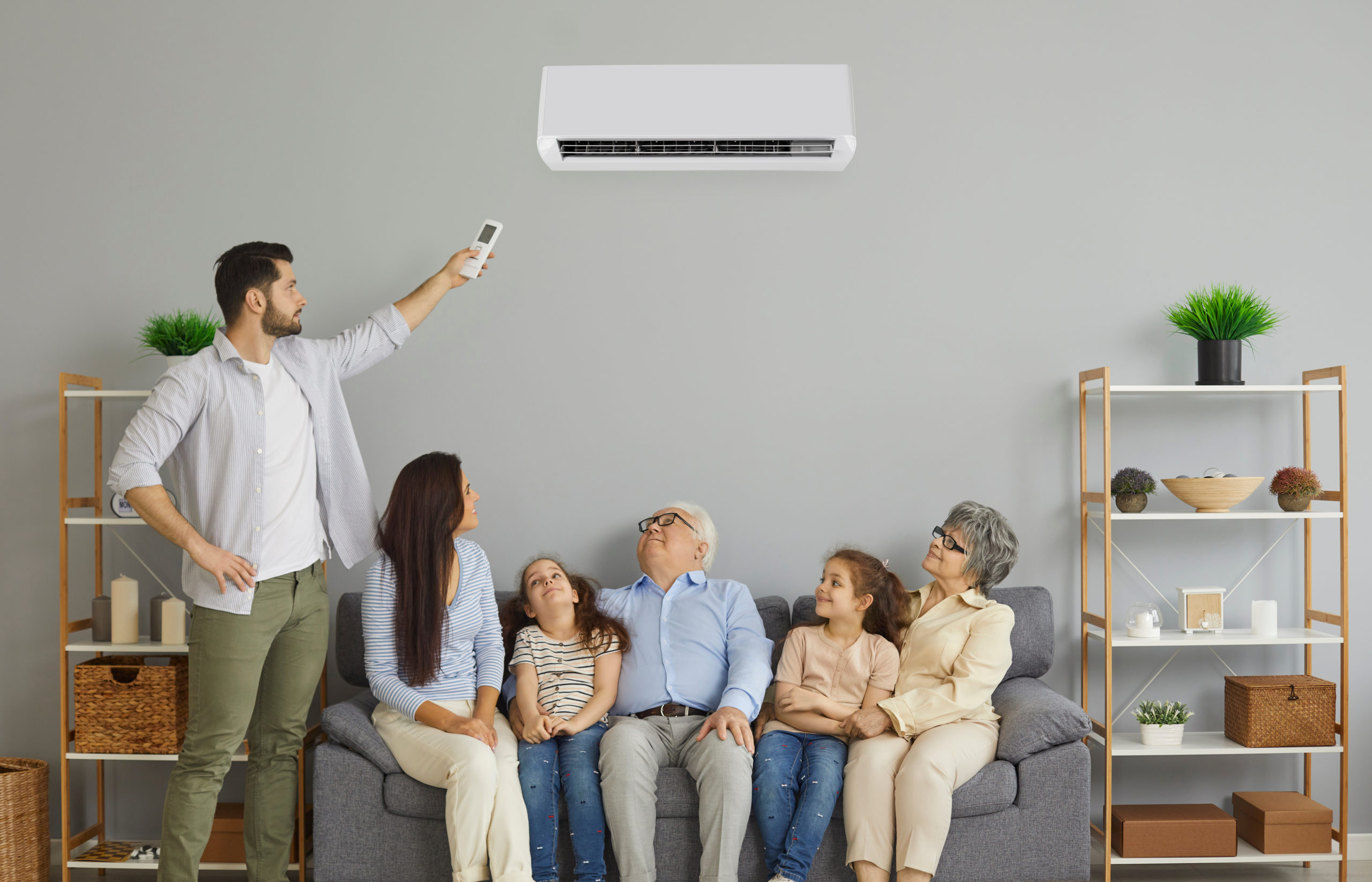
4 HVAC Maintenance Tips Every Homeowner Should Know
Like other home appliances, the heating, ventilation, and air conditioning or HVAC system is essential in providing proper temperature in your home. It can help control the temperature, offer better air quality, and reduce monthly energy costs.
However, as a homeowner, you should know that maintaining your HVAC system can be crucial to provide efficient performance and prolong its service life span for a long time. By performing regular HVAC maintenance, whether on your own or with the help of professionals, you can minimize system breakdowns and other related issues
Yet if you’ve chosen the DIY approach, the following are HVAC maintenance tips every homeowner should know from the get-go:
Check The Air Filters
Generally, the air filter can be one of the vital components of your HVAC system. It can help ensure that your heating and cooling equipment provides clean air to your home. However, as time passes, the filters will begin having issues, such as blockages caused by debris, dust, and other particles. Your HVAC system also becomes less efficient when they’re clogged and dirty.
Because of this, checking the air filters regularly should be included in your maintenance checklist. In doing so, determine whether they need cleaning or replacement. If the air filters are still in good working condition, cleaning them to remove the dirt and other particles can be a good idea. Yet if they’ve been working hard for 90 days, it may be time to replace them with new ones to keep your HVAC system running smoothly.
Remove Obstructions Around The HVAC System
Your HVAC system should have good airflow to function correctly. To do this, you must clean the area surrounding your system. For example, you should find the time to remove all the debris around the equipment. These can include the bushes, shrubs, and other things that hinder your HVAC unit’s good airflow. Additionally, don’t forget to sweep the dirt and leaves near the system to avoid obstructions.
Moreover, ensure you remove particles from your unit’s condensate drain line. That way, the line doesn’t get clogged, causing the unit to freeze and operate inefficiently. Lastly, keep your condenser coils clean to keep the system running smoothly without airflow issues.
Remember, having a unit that’s clean and free from any debris is more energy efficient, resulting in reduced energy bills in the long run.

Conduct Professional HVAC Maintenance
Although you can perform several things to help maintain your HVAC system, some tasks require the assistance of experts. This is where professional HVAC maintenance service enters the picture. This means working with a reliable HVAC company to help you with the maintenance tasks. A capable front range HVAC service will carry out the necessary tune-up, cleanings, and inspections to ensure your system is in top condition. Additionally, they can identify any potential issues that you might not be aware of and address them accordingly before they turn into more significant problems.
Thankfully, many companies can provide an HVAC maintenance contract, which includes routine service checks and repairs. When you seek professional assistance for your unit’s maintenance needs, you can expect technicians to do the following:
- Inspect for unusual noises;
- Check refrigerant levels;
- Lubricate certain moving parts;
- Check air ducts for any leaks or need for cleaning; and
- Repair the furnace if there’s any damage.
Indeed, there are many things that a professional routine maintenance service can do to ensure your HVAC system is in good working condition. Besides, the more it’s regularly maintained, the more you can prevent more issues from seriously damaging your unit.
Perform Periodic Thermostat Tests
Another HVAC maintenance tip to consider as a homeowner is to test your thermostat to ensure it’s working perfectly well. Typically, a thermostat can be one of the critical components as it helps control the HVAC system and provide your family with a comfortable temperature in your home.
However, your thermostat can also be susceptible to certain malfunctions. For instance, particles like dirt, dust, and debris can damage the electrical and mechanical components of your HVAC unit, resulting in thermostat failure. Hence, you must conduct periodic thermostat tests to determine the problem and fix it immediately.
To test your thermostat, you can utilize a separate device to take a room temperature reading. If the reading is similar to the temperature displayed on the thermostat, your regulating device component is working as it should. Yet if the reading isn’t the same, it’s time to consult an HVAC professional to handle the issue.
Conclusion
As a homeowner, taking care of your HVAC system should be one of your priorities. Without a functional unit, you won’t get the most out of a comfortable temperature and better indoor air quality. Fortunately, you can keep your HVAC system in good working condition for several years by taking note of these maintenance tips. The more you know how to carry out maintenance tasks, the more you can save yourself from costly repairs and replacements in the future.




